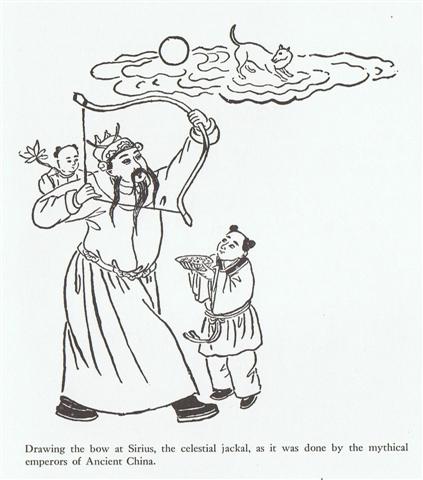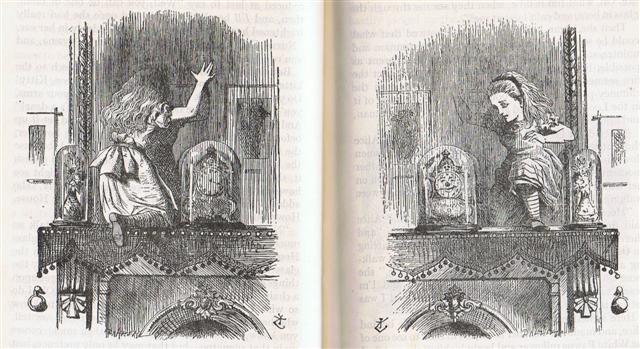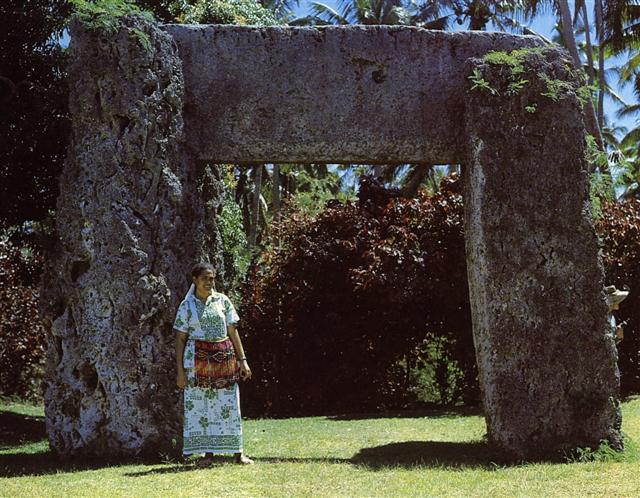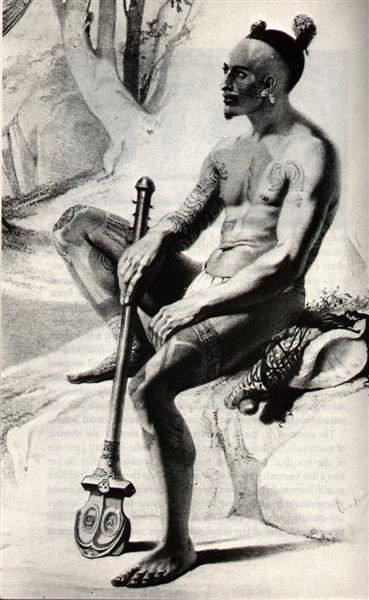178. The Julian calendar (↔ Gregorian calendar) was evidently influenced by Egyptian ideas connected with Sirius (the brightest star in the night and also responsible for when the waters in the Nile should rise). The date for the heliacal rising of Sirius was defined in the Sun calendar to be June 30 (181).
And December 28 should be day number 2 * 181 = 362.
Therefore Mars in AD 2027 should be standing at the threshold to the next halfyear, beginning with day 181 + 360 / 2 = 361 (December 27) - like when Sirius was at the threshold to the other (back side) halfyear. 19 * 19 = 361.
A Door has a pair of states, viz. Shut (1) or Open (0), never both at the same time. ... Sir Isaac Newton, renowned inventor of the milled-edge coin and the catflap!' 'The what?' said Richard. 'The catflap! A device of the utmost cunning, perspicuity and invention. It is a door within a door, you see ... → 300 + 300 = 600: ... Menkaure was allegedly a much more benevolent Pharaoh than his predecessors. According to legends related by Herodotus, he wrote the following: This Prince (Mycerinus) disapproved of the conduct of his father, reopened the temples and allowed the people, who were ground down to the lowest point of misery, to return to their occupations and to resume the practice of sacrifice. His justice in the decision of causes was beyond that of all the former kings. The Egyptians praise him in this respect more highly than any other monarchs, declaring that he not only gave his judgements with fairness, but also, when anyone was dissatisfied with his sentence, made compensation to him out of his own purse and thus pacified his anger. The Gods however ordained that Egypt should suffer tyrannical rulers for a hundred and fifty years according to this legend. Herodotus goes on: An oracle reached him from the town of Buto, which said 'six years only shalt thou live upon this earth, and in the seventh thou shalt end thy days'. Mycerinus, indignant, sent an angry message to the oracle, reproaching the god with his injustice - 'My father and uncle,' he said 'though they shut up the temples, took no thought of the gods and destroyed multitudes of men, nevertheless enjoyed a long life; I, who am pious, am to die soon!' There came in reply a second message from the oracle - 'for this very reason is thy life brought so quickly to a close - thou hast not done as it behoved thee. Egypt was fated to suffer affliction one hundred and fifty years - the two kings who preceded thee upon the throne understood this - thou hast not understood it'. Mycerinus, when this answer reached him, perceiving that his doom was fixed, had lamps prepared, which he lighted every day at eventime, and feasted and enjoyed himself unceasingly both day and night, moving about in the marsh-country and the woods, and visiting all the places he heard were agreeable sojourns. His wish was to prove the oracle false, by turning night into days and so living twelve years in the space of six ... ... The king assigned [he vavae] six hundred [eono te rau] men ... [E:55]
|
||||||||||||||||||||||||||||||||||||||||||||||||||||||||||||||||||||||||||||||||||||||||||||||||||||||||||||||||||||||||||||||||











